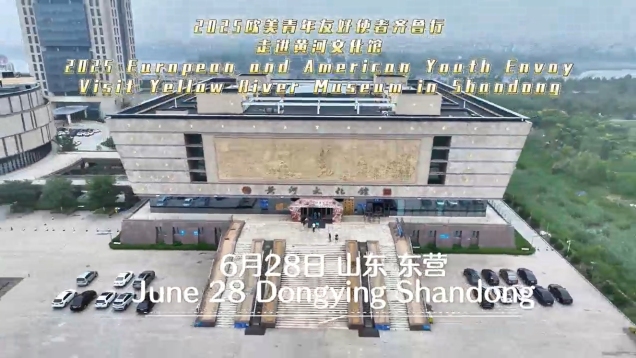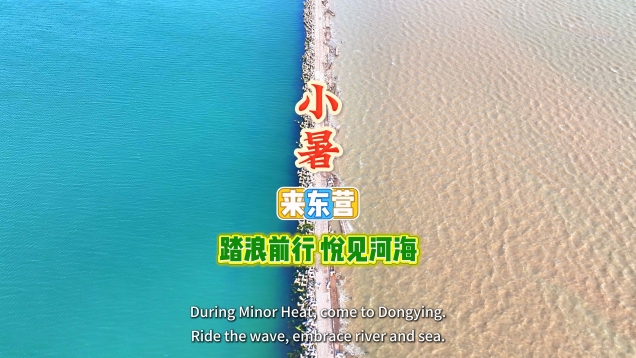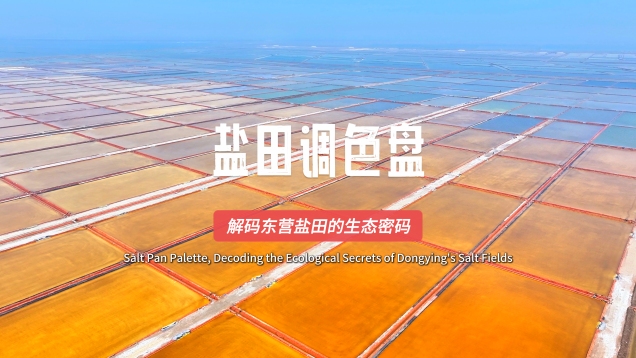Ultra-fast Charging Corridor for Mountain Heavy Trucks Launched in Yichang
Recently, with the commissioning of the final ultra-fast charging pile completed, the ultra-fast charging corridor for mountain heavy-duty trucks in Yichang officially began operation.

Located in Yichang City, central Hubei Province, the mountain heavy-duty truck supercharging stations
As the largest phosphate rock production base in the Yangtze River Basin, Yiling District of Yichang faces an annual outbound transportation task of 7 million tons of phosphate rock, which previously relied on over 1,500 diesel heavy-duty trucks running day and night. "A round trip of 200 kilometers between the mining area and the port costs nearly 1,000 yuan in fuel for diesel trucks, and exhaust emissions pose significant environmental challenges," said Manager Meng, head of logistics at Yihua Mining Anzhou. He explained that in 2024, the area launched a pilot program for electric heavy-duty trucks, but the lack of charging infrastructure led to persistent “range anxiety” for the fleet. After thorough on-site inspections, a "golden triangle" charging network formed by three stations was ultimately selected. Since dozens of phosphate transportation fleets switched to electric heavy-duty trucks, the single-trip transportation cost has dropped by 40%, with annual carbon dioxide emissions reduced by over 10,000 tons.
In the early morning among the mountains of western Hubei, electric heavy-duty trucks loaded with phosphate rock wind along Wuyin Road. "Before, after finishing this trip, we had to rush to charge on a tight schedule. Now, with the ‘supercharging corridor’, a short rest is enough to fully recharge and depart," said Driver Zhang, a phosphate transport truck driver, while charging at Sinopec’s Yichang Xiaofeng Charging Station. Behind him, eight charging ports were delivering green energy to the steady flow of trucks. The flashing numbers on the charging pile’s display witness the energy transformation taking place along this crucial Yangtze phosphate transport corridor.
-
Preserving Craftsmanship with Dedication, Breaking Boundaries through Innovation2025-07-03 16:11:10






